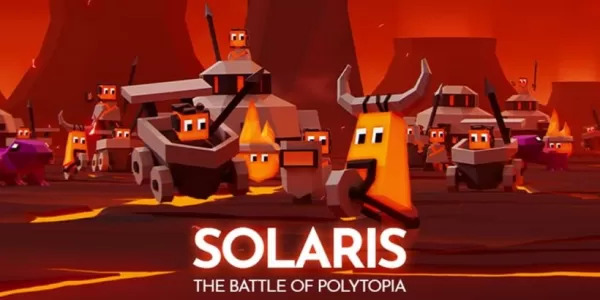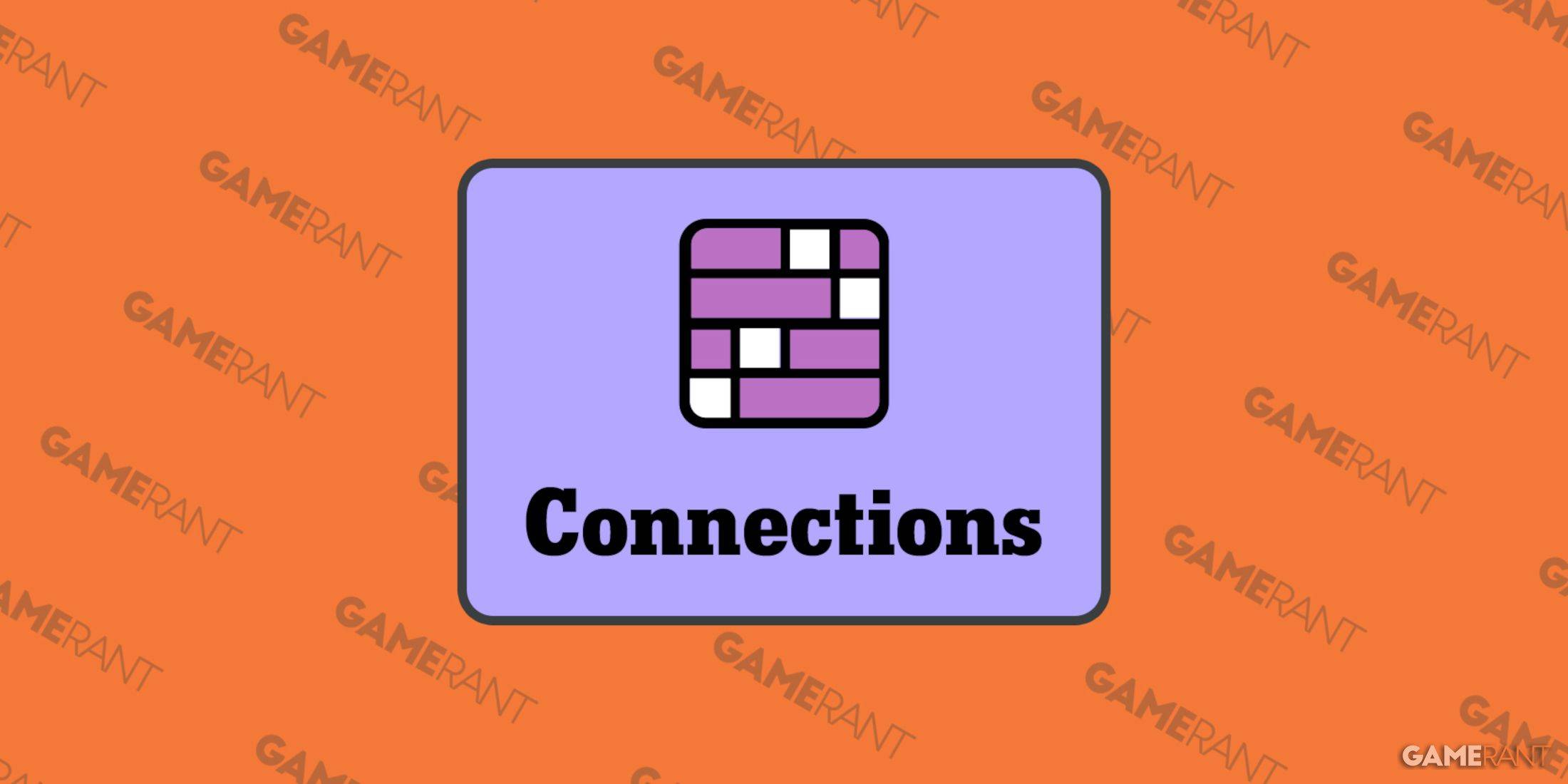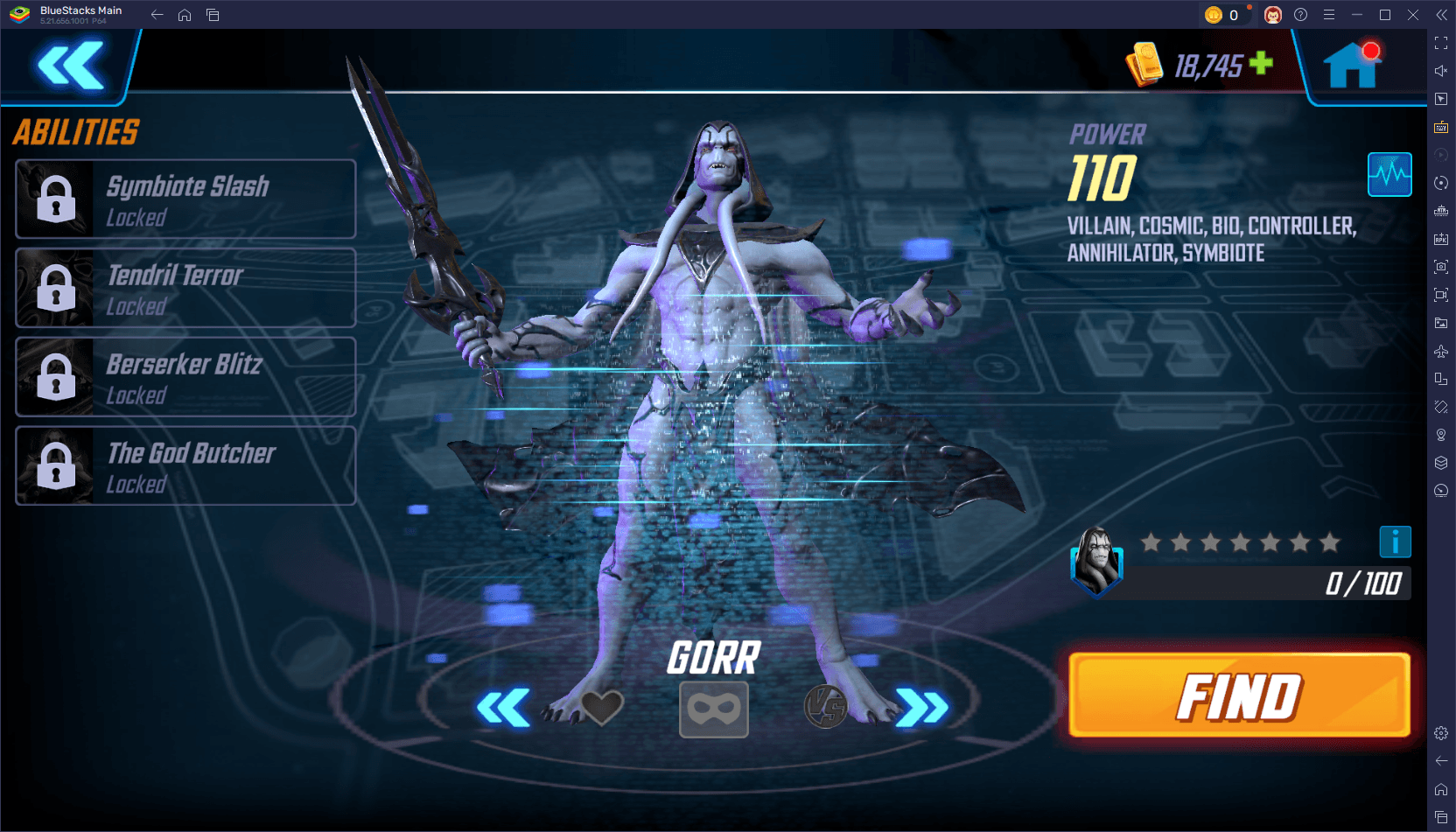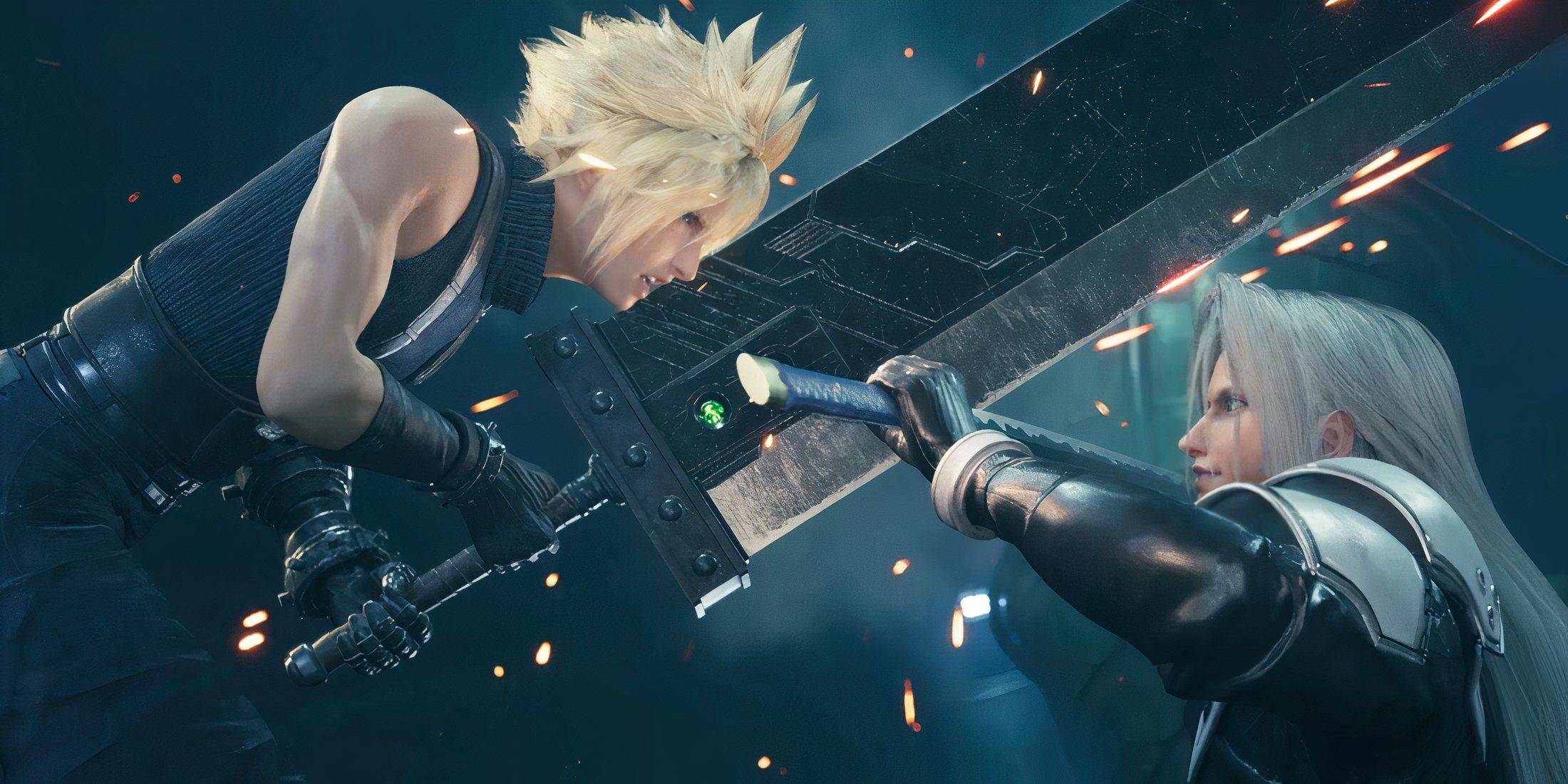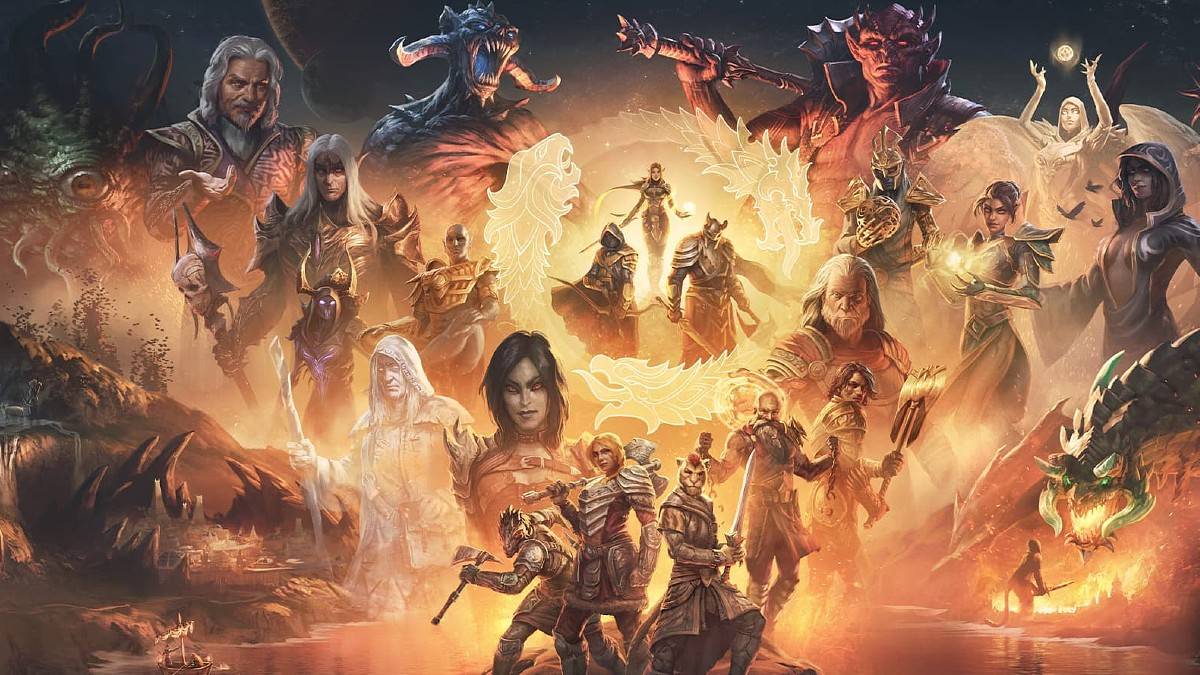It's year-end, and my Game of the Year is Balatro, a surprising but well-deserved choice. While not necessarily my favorite, its success highlights important points about game design and player engagement. Before diving into Balatro, here are some honorable mentions:
- Vampire Survivors' Castlevania expansion: The long-awaited collaboration finally arrived, delivering iconic characters and gameplay.
- Squid Game: Unleashed's free-to-play model: A bold move by Netflix Games, potentially setting a new precedent for mobile game monetization.
- Watch Dogs: Truth's audio adventure release: An unexpected but interesting direction for the Watch Dogs franchise, showcasing Ubisoft's experimentation.
My Balatro experience has been a mixed bag. Its engaging gameplay keeps me coming back, but mastering its deck-building mechanics remains elusive. Despite my struggles, it's been excellent value for money. Its simple design, combined with satisfying gameplay and attractive visuals, makes it a perfect low-pressure time-waster. While not my ideal "perfect time-waster" (that honor goes to Vampire Survivors), it's a strong contender. For $9.99, you get a polished roguelike deckbuilder that's both enjoyable and socially acceptable to play in public. LocalThunk's ability to elevate a simple concept is commendable. The calming music and satisfying sound effects create an addictive loop.

Balatro's success has, however, been met with confusion and even anger from some. Comparisons to visually flashier games have fueled this reaction. The criticism highlights a common misconception: a game's quality isn't solely determined by its graphics or complexity.
Balatro's unashamedly "gamey" design is its strength. It's colorful and engaging without being overly complex. It's not a tech demo, but a passion project that blossomed into something significant. Its success challenges the notion that only flashy, high-budget games can achieve widespread acclaim. It's a well-executed card game, and that's the metric that matters most.
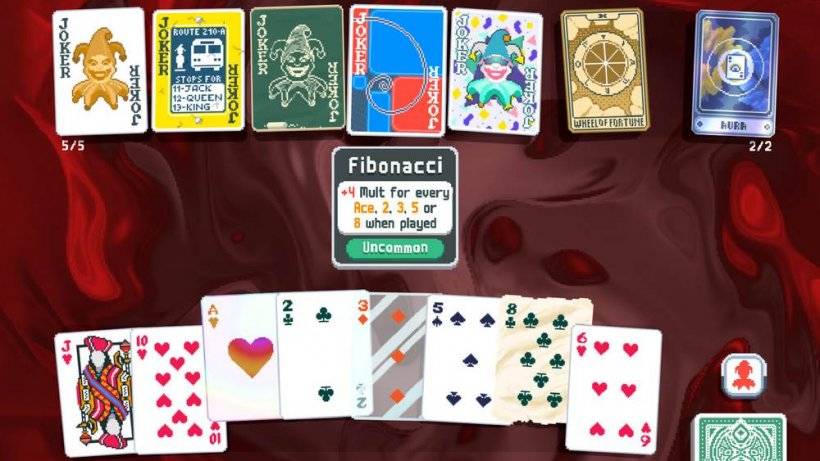
Balatro's multi-platform success (PC, console, mobile) is noteworthy, especially considering the challenges developers face in the mobile market. While not a massive financial triumph, its relatively low development costs likely resulted in significant profit. It proves that a simple, well-designed game can thrive across platforms without needing complex features like cross-progression or massive multiplayer elements.
My personal struggle with Balatro's optimization highlights its accessibility. It caters to both hardcore players seeking strategic mastery and casual players looking for a relaxing experience.
In conclusion, Balatro's success underscores a crucial point: a game doesn't need to be groundbreaking in terms of visuals or complexity to be successful. Sometimes, simplicity, well-executed gameplay, and a unique style are all it takes.




